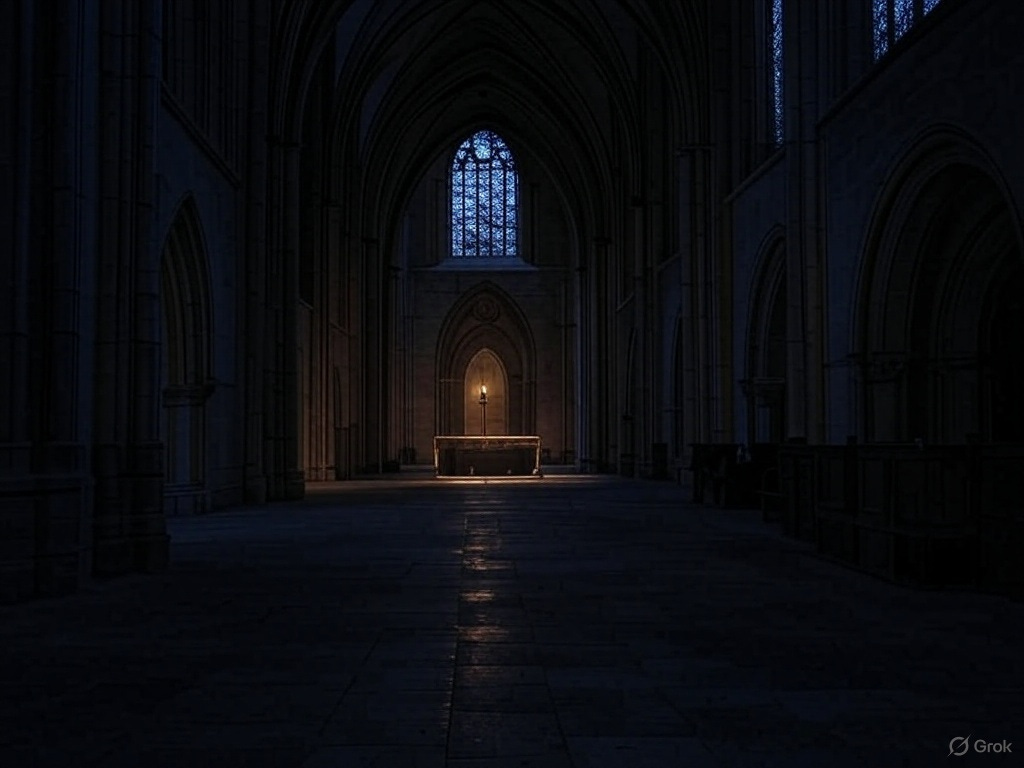Welcome to The Square Inch, a Friday newsletter on Christianity, culture, and all of the many-varied “square inches” of God’s domain. This is a paid subscription feature with a preview before the paywall, so please consider subscribing to enjoy this weekly missive along with a frequent Pipe & Dram feature of little monologues/conversations in my study, and Wednesday’s “The Quarter Inch,” a quick(er) commentary on current events.
Dear Friends,
One of my ongoing personal projects has been reading the church fathers. I don’t mean “dipping in” to their writings or reading summaries or excerpts or expositions about the fathers. I mean starting from the very earliest extant Christian writings at the close of the Apostolic age and just continuing to read whatever is “next.” When I look at the 37 volumes, each one around a half a million words (basically War & Peace), I admit that I have doubts about my discipline and perseverance. If all goes well, I suspect this is a decade-long personal project or more. One part of me wishes that I had started this ages ago, but another part of me is grateful I didn’t. Reading this material at this stage in my life and education makes it so much more fruitful than had I read it in my youth and relative ignorance—I can, put simply, understand and follow the arguments so much better than I otherwise would.
I don’t say this to be self-congratulatory. I am letting you know that pretty frequently you may be getting newsletters telling you about some exciting new thing I “discovered.” And this week I “discovered” something—or someone.
One of the last of the great 2nd century fathers: Clement of Alexandria. I’ve long known “about” Clement (scholars quote bits and pieces and reference him from time to time), but now at long last he was “next.” Little is known about Clement. He was born around AD 150, raised a pagan but converted to Christ, and spent much of his life on a spiritual pilgrimage. He traveled to Greece, Asia Minor, the Holy Land, and Egypt. He eventually began teaching at the Catechetical School in Alexandria—or “Alexandria Bible School,” as I like to think of it. It had access to a pretty famous library. Origen was among his students.
What I have always been told is that Clement of Alexandria was very appreciative of Greek philosophy and that he was one of the first to “synthesize” it with Christian teaching. That first Wikipedia page I linked above is a good example of the conventional wisdom: “Clement, like many pre-Nicene church fathers, writes favourably about Euhemerus and other rationalist philosophers, on the grounds that they at least saw the flaws in paganism. However, his greatest praise is reserved for Plato, whose apophatic views of God prefigure Christianity.”
That was my expectation. But it turns out nothing had really prepared me for what I was about to read. As I read his Exhortation to the Heathen, it began to dawn on me that I have pretty much been lied to my whole adult life. And I am beginning to suspect that “the church fathers had a high view of Greco-Roman philosophy” might just be an anachronistic projection by later scholastics who saw what they wanted to see in order to justify their own immense regard for Aristotle? Because in Clement I have never encountered a more dizzyingly encyclopedic exposition of Greco-Roman pagan mythology and philosophy, and I have never encountered a more antithetical, scathing rebuke of the entire worldview and culture. That “greatest praise” for Plato? He says, “We [Christians] do not wholly disown him.” He quotes Plato saying something approximating the truth, and then … mocks him for his ignorance and accuses him of stealing what little he has from the Hebrew Scriptures! (All of the 2nd century guys—Justin, Irenaeus, Clement, believe as a matter of simple asserted fact that Plato had familiarity with the books of Moses, and the Timaeus does not make that an outlandish belief—why would Plato be ignorant of the Jews of the Diaspora and their sacred Scriptures?) Clement gave, at most (so far in my reading), “one cheer” for Plato. This a “synthesis” does not make. We shall continue to evaluate as the reading continues.
We will have a few Pipe & Dram visits about The Exhortation, I suspect. But for now I just want to tell you that not only was Clement impressively knowledgable about Greco-Roman mythology and philosophy, he was far and away the best writer of the entire generation. He was a virtuosic artist with his pen, and maybe that is why I feel such a kinship for the man—it is the kind of theologizing I love. His use of metaphor and illustration, his exquisitely deployed use of Scripture, the directness and sheer passion of his exhortation to the pagans is frankly unequaled by anything I have read from any era of history. It is not just one of the finest pieces of second century Christian apologetics; it is one of the finest pieces of Christian apologetics, period.
Take, for example, this outstanding riff from Homer’s Odyssey:
Keep reading with a 7-day free trial
Subscribe to The Square Inch to keep reading this post and get 7 days of free access to the full post archives.



